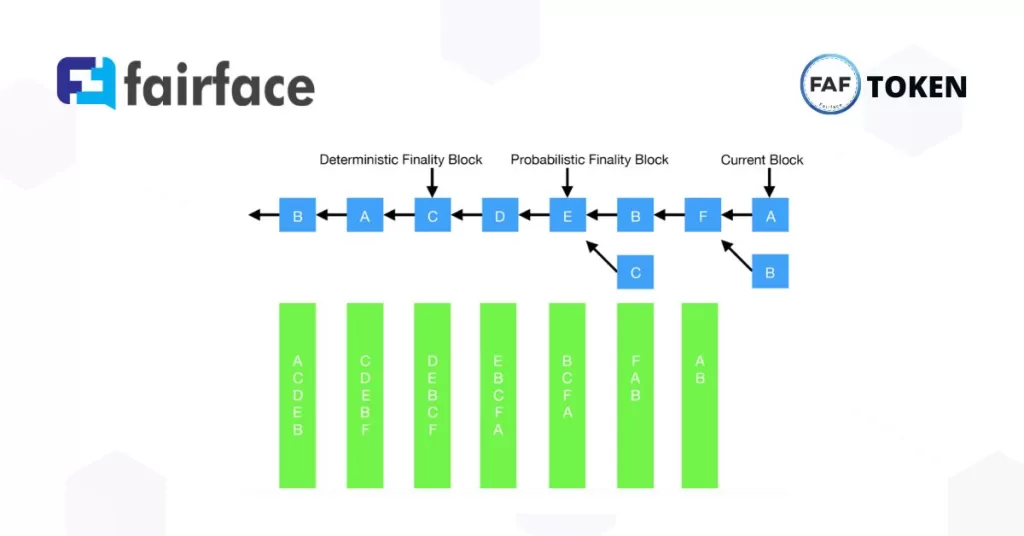Blockchain technology has been transforming industries with its decentralized and secure nature. One crucial aspect of blockchain that often goes unnoticed but plays a significant role is “finality.” In this blog post, we will explore what finality means in the context of blockchain and why it holds immense importance in the world of decentralized systems.
What Is Finality in Blockchain?
In blockchain, finality refers to the point at which a transaction or block becomes irreversible and permanently confirmed on the network. It signifies the moment when a transaction is considered settled and immutable, and no further changes or reversals are possible. Achieving finality is a fundamental characteristic of blockchain that differentiates it from traditional centralized systems.
Why Does Finality Matter?
- Security: Finality ensures the security of blockchain transactions. Once a transaction is deemed final, it is protected from tampering or unauthorized alterations, fostering trust in the network’s integrity.
- Immutability: Finality is at the core of blockchain’s immutability. It guarantees that data recorded on the blockchain remains unchanged and provides a reliable historical record.
- Censorship Resistance: Finality reinforces blockchain’s censorship resistance. Transactions that have achieved finality cannot be censored or invalidated by central authorities or malicious actors.
- Consensus Mechanisms: Achieving finality often involves consensus mechanisms like Proof of Work (PoW) or Proof of Stake (PoS). These mechanisms ensure that network participants collectively agree on the validity of transactions, strengthening the network’s reliability.
- Double-Spending Prevention: Finality plays a pivotal role in preventing double-spending, a significant concern in digital currencies. Once a cryptocurrency transaction is considered final, it ensures that the same digital assets cannot be spent again.
- Settlement Assurance: In financial applications, finality assures that transactions are settled. This is essential for financial institutions, businesses, and individuals relying on blockchain for secure and timely settlements.
- Legal and Regulatory Compliance: For blockchain to be recognized in legal and regulatory contexts, finality is often required. It provides a foundation for contractual agreements and compliance with existing laws.
- Efficiency: Finality allows for efficient decision-making in blockchain applications, particularly in smart contracts. These contracts can rely on final and irreversible data to execute predefined actions autonomously.
Conclusion
Finality in blockchain is a critical concept that underpins the security, immutability, and trustworthiness of the technology. It assures participants that once a transaction is confirmed, it is set in stone, creating a robust foundation for a wide range of applications, from digital currencies to supply chain management and smart contracts. Understanding finality is essential for anyone navigating the world of blockchain and its transformative potential.

